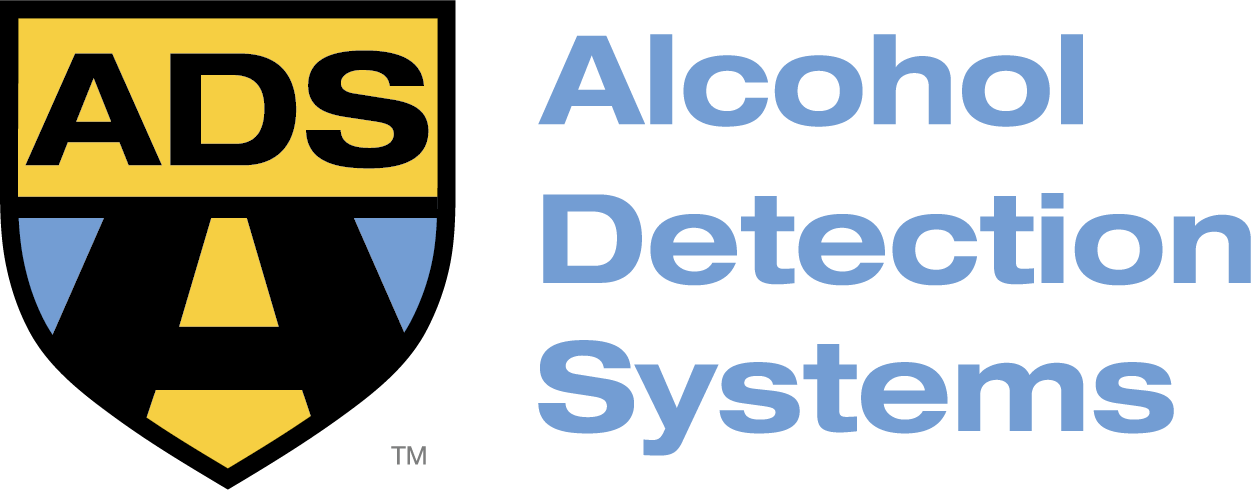
State Laws and Requirements
Your Trusted Resource for DUI Information
We know ignition interlock laws can be confusing, so we’ve put together the guide to your state's laws and requirements to get you back on the road quickly and as conveniently as possible.
Select Your State to Get Started
Get a Free Quote! Call
888-786-7384
What is next? We can help you through the process. Give us a little information and we can help with next steps.
There was an error submitting your form. Please try again.
Thank you for your submission.
Why Choose ADS?
Affordable
Easy to Use
Online Support
Convenient Locations
Mobile App

